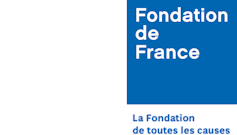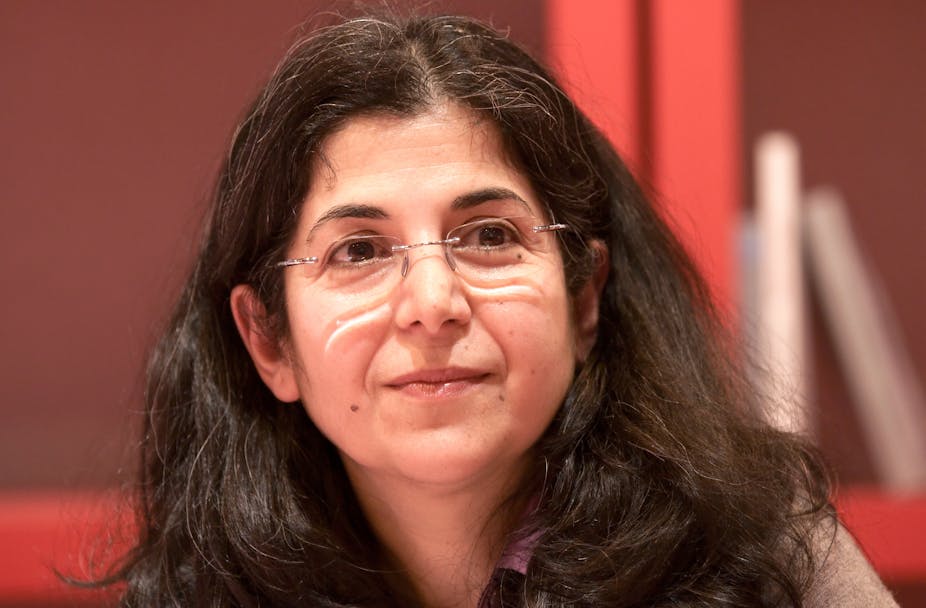In Iran, several scholars, including France’s Fariba Adelkhah and Roland Marchal (Sciences Po) and Australia’s Kylie Moore-Gilbert (University of Melbourne), have been detained under espionage charges. All deny the accusations, yet face several years in jail.
Their situation is alarming. According to the most recent “Free to Think” report by the organisation Scholars at Risk (SAR), between September 2018 and August 2019, there were 324 attacks on higher-education communities in 56 countries. The rate has been increasing, and attacks have occurred even in countries with top-ranked universities, such as the UK and United States. In the US, several professors became subject of harassment, including death threats. In Hungary, an EU member state, Central European University (CEU) was pushed out of Budapest and forced to relocate to Vienna.
According to data from the Scholars Rescue Fund (SRF), despite the rise of situations in which terrorists or extra-governmental groups target academics, governments are still the leading cause of scholar persecution.
Globalisation did not solve the challenges of academic freedom
Increasing mobility in higher education has not resolved the challenges of academic freedom. Even a growing presence of universities from emerging countries (such as Argentina, Brazil, China, India, Iran, Malaysia, Pakistan, Poland, Russia, Saudi Arabia, South Africa, South Korea, Thailand, Turkey) among the World top 1000 universities according to 2019 Academic Ranking of World Universities (ARWU) released by Shanghai Ranking has not had a substantial positive impact in increasing academic freedom worldwide. Yet the academic freedom defence is in line with the 1997 Unesco recommendation adopted by all but four member states. In reality, however, guaranteeing institutional and individual components of academic freedom has been getting more difficult, not less.
Persecution of scholars is not limited to physical attacks. It takes other forms such as intimidation, seizing personal belongings and savings, according to the 2017 and 2018 “Free to Think” reports. Targeting family members has also been reported in several countries.
What can be done?
To respond to attacks on academic freedom, several initiatives were set and some NGOs and universities stood next to victims of those attacks. For example, SAR, a network of US universities, has worked since 1999 to protect scholars and propose practical solutions for those in need. In addition to trying to help to arrange positions, they also provide advisory services and campaigns for scholars and their hosts.
Another US-based organisation, Endangered Scholars Worldwide, was founded by the community of scholars known as the University in Exile. Based on the conviction that academic freedom and freedom of inquiry are basic human rights, they are focused on raising public awareness and support for threatened scholars. In 2009, Allan Goodman, the president and CEO of the Institute of International Education (IIE), stated that “there is a lot we do not know” regarding the scope of the endangered scholars’ problem. He considered IIE assistance as a temporary, while the persecution of scholars as a “widespread, egregious and real”.
However, the question of solidarity among academicians coupled with responsibility to protect academic liberties lead many governments not to stand aside this phenomenon.
The history of persecuted Jewish scholars has an unforgettable place in the memory of Western nations. When a 1933 Nazi law excluded Jews from having roles in universities, other countries in Europe could not provide them with safety and jobs. US immigration policy also provided limited possibilities of migration. Northwestern history professor Daniel Greene has explored the pathways taken by scholars fleeing the persecution in Europe, and he asks:
“Why was it so hard for other nations to admit Jews (rather than asking why didn’t the Jews just leave)?”
Governments should act more
In France, scholar Llora Israel, wrote a 2016 report for the French government on this issue. She stated that moral concerns are not only obvious but they may also bring important scientific advances, as did the German Jewish scholars hosted by the United States between 1933 and 1944. Hosting exiled academics is not only an opportunity for the scholars but also for hosting countries. Therefore, she proposes taking into consideration not simply the process of hosting endangered scholars, but also to think about their further integration.
Further to recommendations based on her report, The French national programme PAUSE (Programme d'accueil en urgence des scientifiques en exil) was established in 2017 through an agreement between the universities, ministries and research centres, with European support. Its purpose is to “award stimulus funding to higher education establishments and public research organisations who plan to host scientists at risk, and supports their activities”.
In the UK, the Council for At-Risk Academics (CARA) provides fellowships to help endangered scholars from troubled regions as well as regional programmes to support those academics continuing working in their home countries along with the risks making her difference from other similar organisations. For example, Cara established regional programmes in Iraq (2006-2012), Zimbabwe (launched in 2009) and Syria (started in 2016).
Scholars in exile face many challenges
Yet these initiatives are not sufficient to make up for the injustice experienced by endangered scholars. In exile too they face many challenges such as financial, integration and career prospectives. Proposals related to creation of new universities in exile (similar to the one established in 1933 in the United States) may enroll only a tiny part of displaced academia without mentioning any considerable impact on global university autonomy or freedom to think.
In addition, internationalisation dominated by instrumentalist approach based on marketisation of higher education and neo-liberal trends lead to the precarisation of academia. For example, the recent report prepared by UK University and College Union urges that 67% of researchers and almost half of the teaching staff in the country remain on fixed-term contracts. The report underlines the growing vulnerability of second class academic citizens (those not having positions) and dehumanising effects of casualisation in higher education.
Even the scholars at leading US and EU universities are affected by such trends. According to the Delta Cost Project, part-time positions of one year or less were the most common non-tenure-track assignment in United States in 2013. Beth Baker writes about the “end of academy” by pointing out the negative consequences in relation to research, teaching, but alsoacademic freedom.
Global citizenship, global responsibilities, connectedness are strongly affected due to “uberisation” of staff in higher-education institutions. While there is an urgency to help endangered scholars worldwide, there is also the need to support academia nationwide to reinforce academic solidarity. Unfortunately, current trends in US and EU increase academic inequality and may negatively impact international solidarity and freedom.
University autonomy is a necessary condition for academic freedom. At the same time, institutions are part of an internationalisation process in higher education, with growing visibility and cooperation. Even governments that don’t offer full institutional or academic independence are seeking to increase their institutions’ rankings. Professor Katrin Kinzelbach of the Berlin-based Global Public Policy Institute has proposed a new academic-freedom index. It would assess infringements worldwide, as none of the existing indexes includes a measure of academic freedom. In a research paper, Jannis Grimm and Ilyas Saliba’s suggest a conceptual groundwork for an academic-freedom index. If developed, such an index could become an interesting common frame of reference in international cooperation and global university ranking.

Fondation de France is the leading philanthropic network in France. It has developed a unique expertise by working alongside the best experts, hundreds of volunteers and thousands of professionals in the field, in all areas of public interest: support for vulnerable people, medical research, environmental concerns, culture, education, etc. Fondation de France takes action in two ways: through its own action programs and by supporting the work of the 857 foundations under its aegis. It consequently supports almost 10,000 projects every year.

